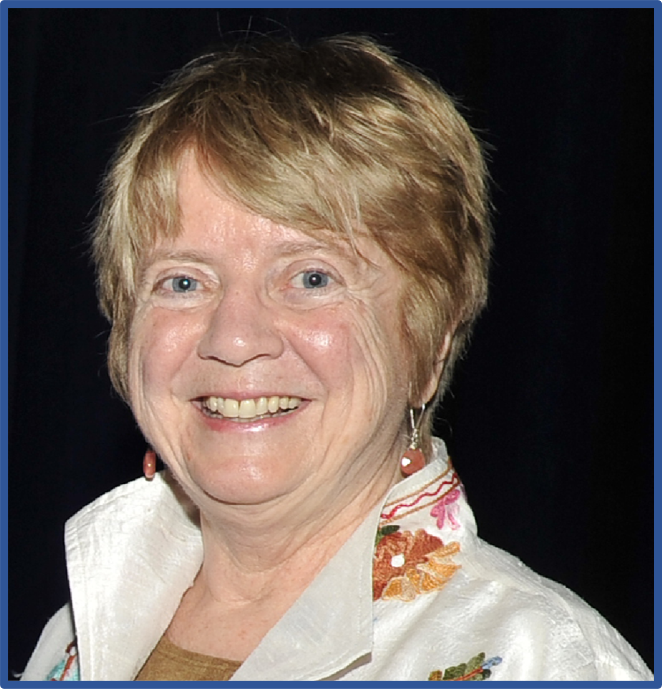|
Past Recipients of the Catherine E. Costello Lifetime Achievement in Proteomics Award
| Catherine E. Costello Award for Exemplary Achievements in Proteomics The Catherine E. Costello Award for Exemplary Achievements in Proteomics (formerly the Catherine E. Costello Lifetime Achievement in Proteomics Award) recognizes an individual who has made significant discoveries and scientific achievements in the field of proteomics. In the spirit of Dr. Costello’s stellar career, efforts in mentoring and diversity, equity and inclusion are encouraged to be included in the application. Eligibility is restricted to US HUPO members who are >15 years in their profession and nominations of active researchers are encouraged. Nominations will be held for three years. Eligibility
• The awardee must be available to present at the annual conference (February 21 - 25, 2026) in St. Louis, MO to receive the award and present the lecture.
Award nominations are closed for 2026 and will open for 2027 on March 1, 2026. 2026 Recipients: Neil Kelleher, Northwestern University
Dr. Li has built a highly productive research program integrating advanced chemical tagging, ion mobility mass spectrometry, and spatial omics to tackle complex biomedical challenges. Her innovations in isobaric chemical labeling—including DiLeu, DeAla, and SUGAR tags—have enabled hyperplexed quantitative proteomics, glycomics, and lipidomics. These tools have accelerated high-throughput, cost-effective analyses across diverse biological systems. She and her team also pioneered single-cell mass spectrometry imaging and tissue expansion MS imaging (TEMI), opening new frontiers in spatially resolved multiomics and molecular mapping of neurodegenerative diseases, diabetes, and cancer. Dr. Li’s research has led to the discovery of over 500 novel neuropeptides in several model organisms, the first citrullinome atlas, and advanced biomarker discovery through comparative proteomics and glycoproteomic. Dr. Li has published more than 450 peer-reviewed articles, held multiple patents, and developed several software tools for omics data analysis. A dedicated mentor and educator, Dr. Li has trained over 100 graduate students and postdoctoral fellows, including 73 Ph.D. graduates, many of whom now hold leadership positions in academia and industry. Dr. Li’s exceptional achievements have earned her numerous honors, including the ASMS Biemann Medal, ASMS Research Award, NSF CAREER and Special Creativity Awards, Sloan Fellowship, Pittcon Achievement Award, and repeated recognition on the Analytical Scientist Power List, most recently as one of the Top 20 Human Health Heroes worldwide. She serves as Associate Editor for JASMS, sits on multiple editorial boards, and has provided extensive service and leadership through ASMS, US HUPO, CASMS, and Females in Mass Spectrometry (FeMS). Dr. Li exemplifies the spirit of the Catherine Costello Award through her innovations, dedication to mentorship, and impact on proteomics and the broader scientific community. |




